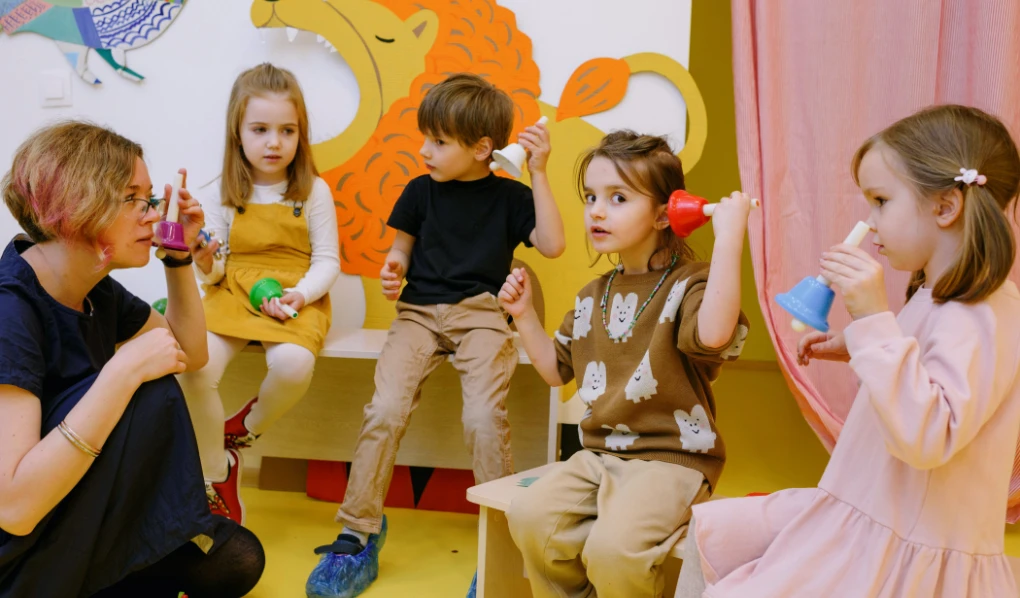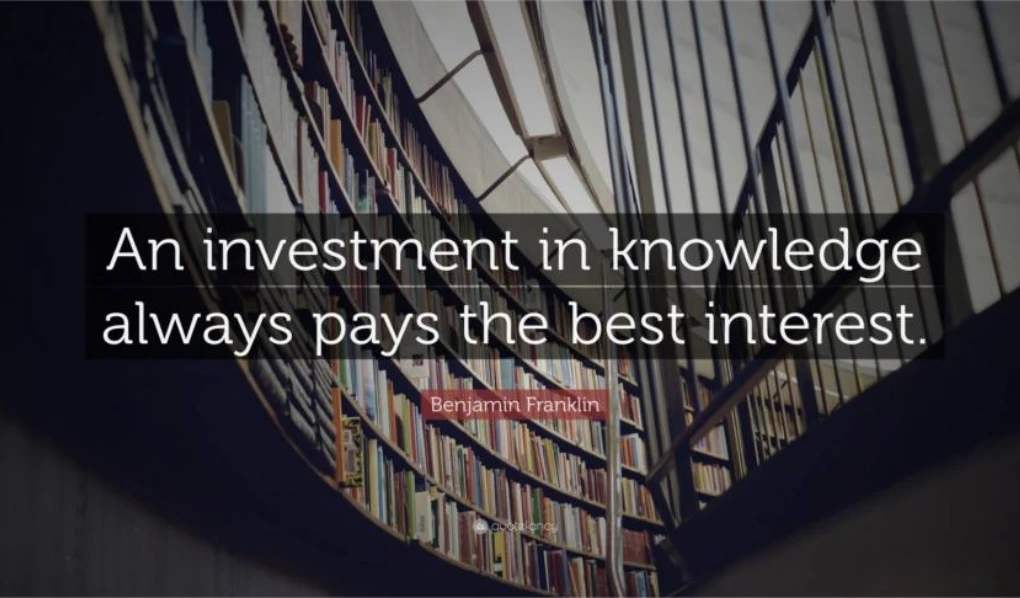Role of an early childhood educator
The role of an early childhood educator in the development of young children cannot be underestimated. As an early childhood educator, you will be responsible for helping children thrive through education and giving them the best possible start in life. Swinburne Online’s education courses Bachelor of Education (Early Childhood Teaching) and Bachelor of Education (Early Childhood and Primary) will help you gain all the skills and knowledge needed to help children develop.
An early childhood or kindergarten teacher is nurturer, teacher, confidant and, sometimes, substitute parent all in one. You need to have a large set of skills and be able to adapt them and yourself to new tasks every day. Some of these tasks include:
- Support language development by encouraging children to speak during casual ‘discussions’ (one on one and in groups) and while role-playing, singing songs and telling stories
- Plan and execute learning exercises within various outdoor and indoor settings to improve the children’s development
- Observe, record and evaluate the learning and progress of the children
- Discuss your findings with the parents and cooperate on measures to help struggling students
- Support children to develop social and motor skills as well as build up confidence and empathy
- Observe your students’ needs in terms of nutrition, safety and welfare
- Attend committee and staff meetings and parent interviews.
Importance of early childhood educators
The time between birth and five years old is a time of radical transformation, growth and development. A person’s cognitive skills will never grow as fast as they do during those formative years.
Therefore, the training and support children receive during this time is crucial, and the importance of early childhood educators cannot be overstated. Early childhood educators, more commonly referred to as ’kindergarten teachers’, must create experiences and environments where children feel safe, learn to navigate our world and can still be children.
Early childhood education career path
There are two paths you could take in the field of early childhood education: an educator or a teacher. While teachers directly lead the planning and delivery of education programs, educators work with teachers to develop social, emotional and physical education.
To work as an early childhood teacher in Australia, you’ll need to complete an accredited undergraduate degree, such as a Bachelor of Education (Early Childhood Teaching). A Bachelor of Education (Early Childhood and Primary) is also a great option if you wish to gain broader education knowledge.
To work as an early childhood educator in Australia, you can study Certificate III or a Diploma in Early Childhood Education. Alternatively, if you already work as an educator, a Graduate Diploma of Early Childhood Teaching can help fast-track you into a teaching role.
After finishing your early childhood education qualification, you need to register with the relevant state or territory board. Naturally, a Working with Children Check and a First Aid Certificate is also required.
Swinburne Online gave me more flexibility, more support and more work experience so I could live my dream of being a teacher. I found that the knowledge that I was building throughout my studies supported my assistance in the classroom and led to being well prepared during placements. — Kate, Swinburne Online graduate
Popular early education careers
The career opportunities in early education are diverse, exciting and growing rapidly. You can teach and help children develop foundational skills in early learning centres, kindergartens, preschools and children’s centres.
Later, you could move into a more senior role like the teaching director of those institutions or an early childhood service manager. The salary of an early childhood teacher typically starts at $75,000 a year, while a teaching director can earn up to $90,000 a year.
Early Childhood Teacher
Work with young children and lay the foundations for future learning and communication while teaching the fundamentals of literacy, music, numeracy and art.
Kindergarten Teacher
Guide young children to develop their skills (emotional, physical, social) through engaging activities. Observe and record progress while preparing them for primary school.
Early Childhood Teaching Director
Develop and implement the curriculum and programs to improve the development of young children. Supervise and direct child carers and liaise with the parents.
The path to becoming a kindergarten teacher
The Bachelor of Education (Early Childhood Teaching) will teach you about the theory of engaging children and will enable you to practise your learning during four placements. With this specialised qualification on hand, you’ll be qualified to teach children aged from six weeks up to five years old.
With 70 days of placements with children aged zero to two and three to five years throughout the degree, you will gain hands-on as well as curriculum planning and assessment experience while learning from industry professionals.
All units, be it ‘Imagining the World through Language and Literature‘, ‘Teaching and Learning in the 21st Century‘ or ‘Nature Pedagogies‘, focus on developing pedagogically sound understandings of child development and behaviour. This accumulated knowledge can be used to inform your professional practice and development.
Start your early childhood education career with Swinburne Online
Swinburne Online has a 5-star rating for undergraduate educational experience and learning engagement, and our Bachelor of Education (Early Childhood) is accredited by the Australian Children’s Education & Care Quality Authority (ACECQA), so you’ll get the best learning experience – even from the comfort of your own couch.
Inspire children and help them grow, thus shaping the minds of the future. Learn more about our seven undergraduate and postgraduate education degrees & diplomas, how to study online, your study journey and our career support.
If you’d like further guidance, our friendly Course Consultants are here to help you on 1300 069 765, or you can contact us here.
Bachelor of Education (Early Childhood Teaching)
Are you ready to give children the best start in life? Early childhood teachers play a vital role in the development of young lives.
Learn More →
Bachelor of Education (Early Childhood and Primary)
Are you ready to change the lives of children? An early childhood and primary teaching degree will prepare you to make an impact.
Learn More →
Graduate Diploma of Early Childhood Teaching
Upskill your current industry experience or launch into one of the most rewarding careers as an Early Childhood Teacher.
Learn More →



